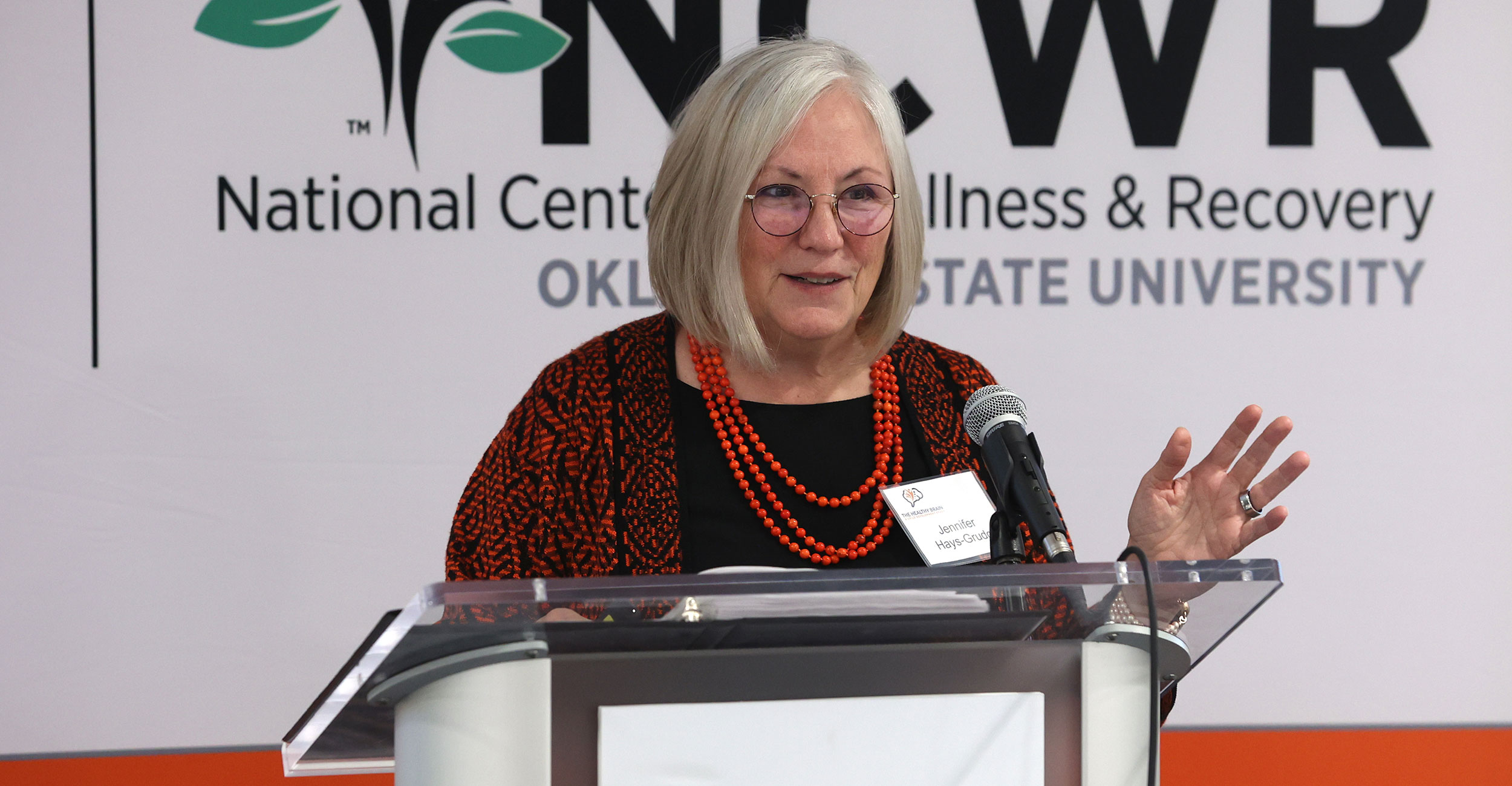
CIRCA awarded $9.5M for continued ACEs research, resources
Tuesday, September 27, 2022
Media Contact: Sara Plummer | Communications Coordinator | 918-561-1282 | sara.plummer@okstate.edu
OSU Center for Health Sciences Center for Integrative Research on Childhood Adversity (CIRCA) was recently awarded $9.5 million from the National Institutes of Health for phase 2 of its program that supports research of Adverse Childhood Experiences (ACEs).
“ACEs are a leading public health problem, contributing to poor mental and physician health, substance use and other health-harming behaviors that are often generationally transmitted,” said CIRCA Director Jennifer Hays-Grudo, Ph.D. “In fact, it’s estimated that ACEs cost North America more than $750 billion a year in preventable health care costs.”
ACEs include child abuse and neglect as well as parental mental illness, domestic violence, incarceration, drug or alcohol abuse and divorce. These affect more than 60 percent of Americans, and Oklahoma has one of the highest rates of ACEs in the U.S.
“In order to reduce the harmful effects of ACEs, research is needed that better explains
how childhood adversity affects developing neurobiological systems and how protective
experiences can buffer those effects."
“In order to reduce the harmful effects of ACEs, research is needed that better explains how childhood adversity affects developing neurobiological systems and how protective experiences can buffer those effects,” Hays-Grudo said.
In 2016, CIRCA was awarded $11.3 million from NIH over five years to fund phase 1, which was to build the research infrastructure in northeast Oklahoma to support ACEs research. Funding for the next five-year phase— $9.5 million— was recently awarded.
“Funding for phase 2 will expand on the accomplishments made during phase 1 by growing and strengthening a sustainable center that supports researchers with the mentoring and research core support to study the effects of ACEs on multiple biological and behavioral systems and identify more effective ways to prevent and treat the effects of ACEs,” she said.
